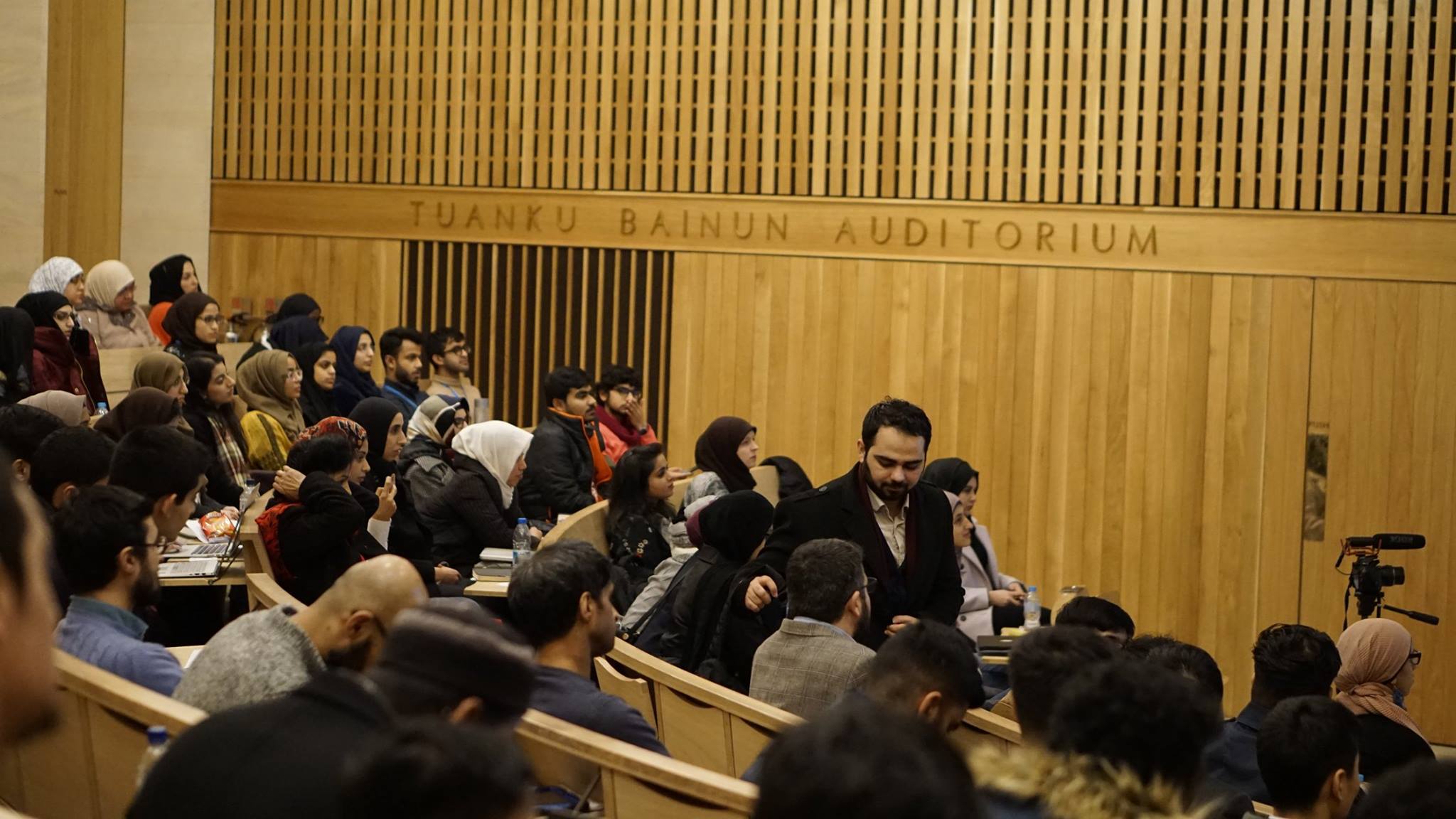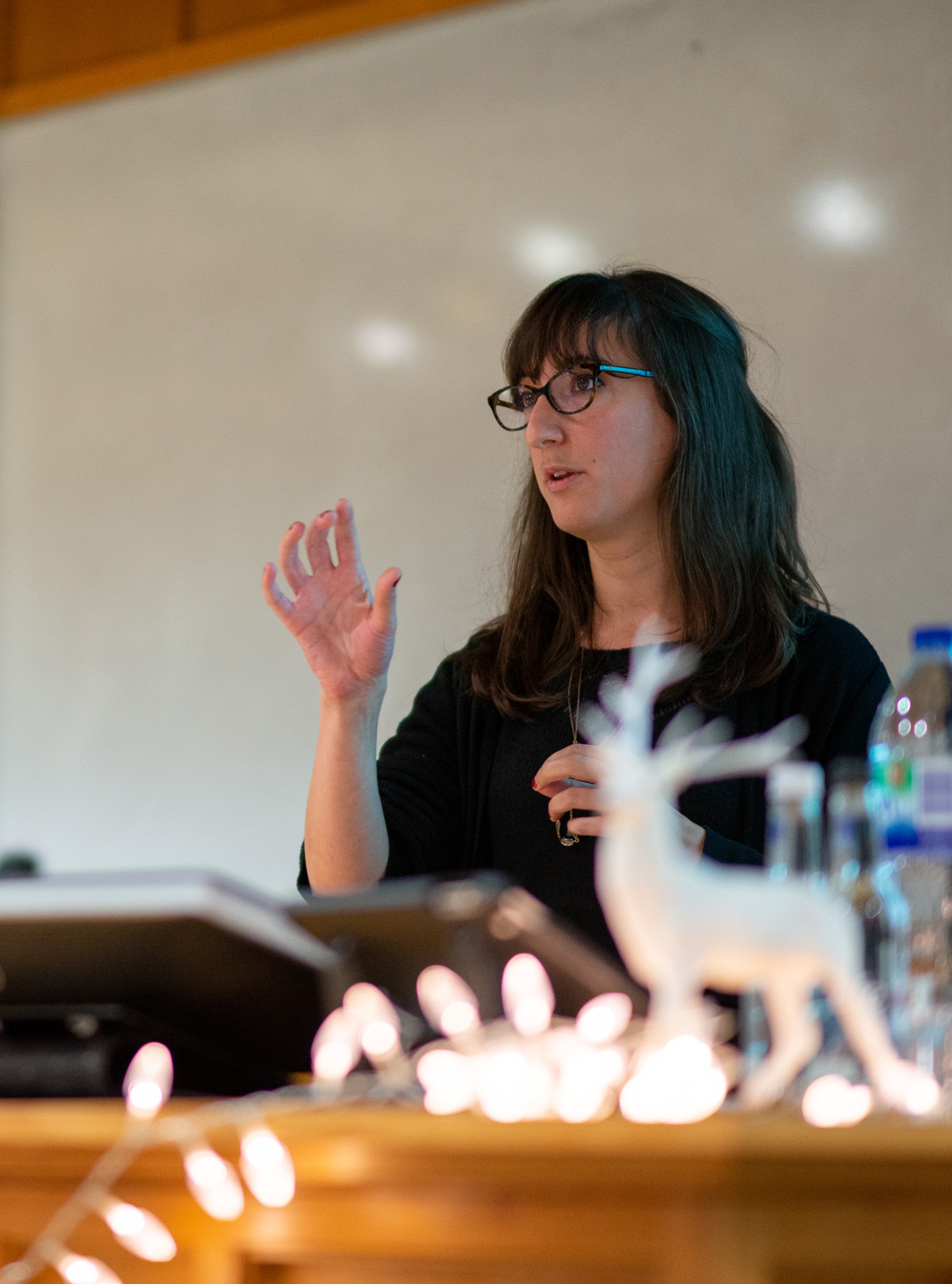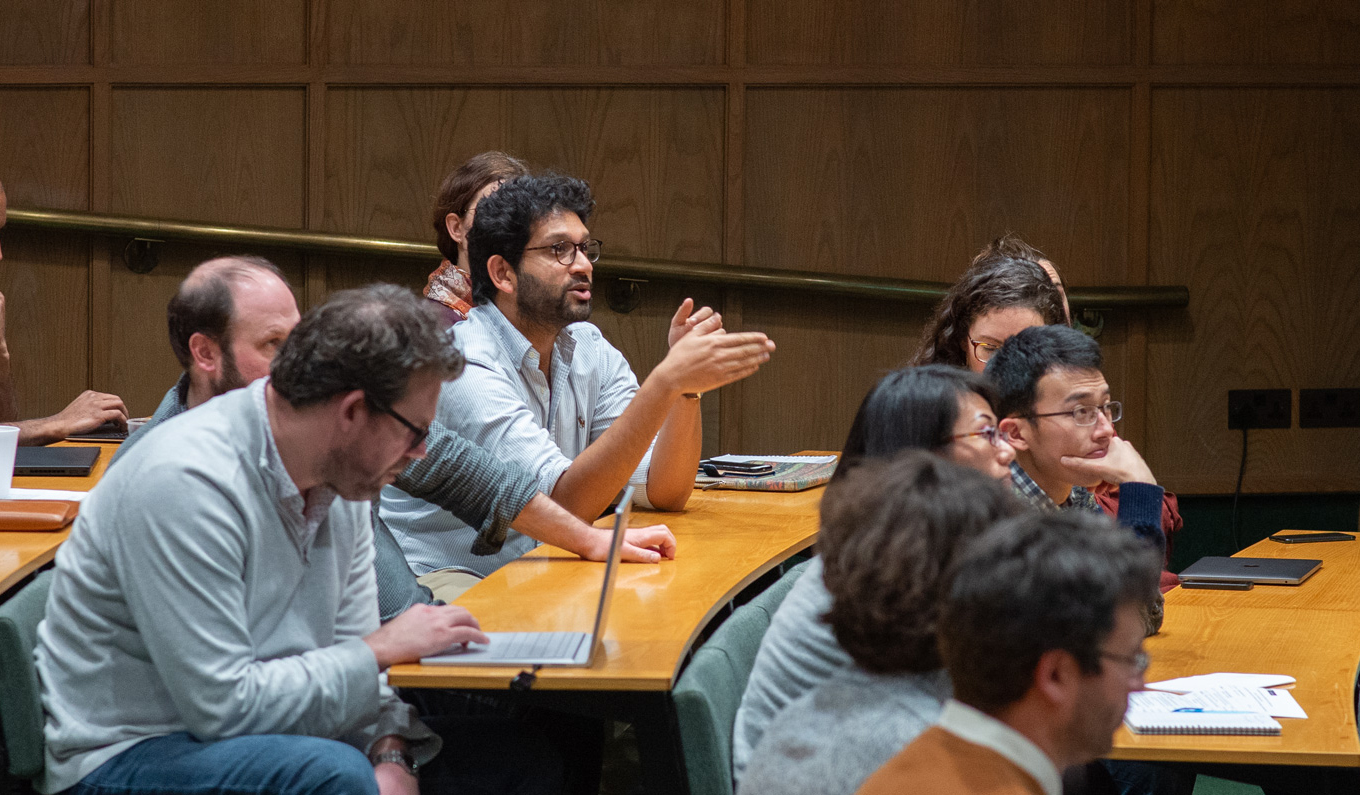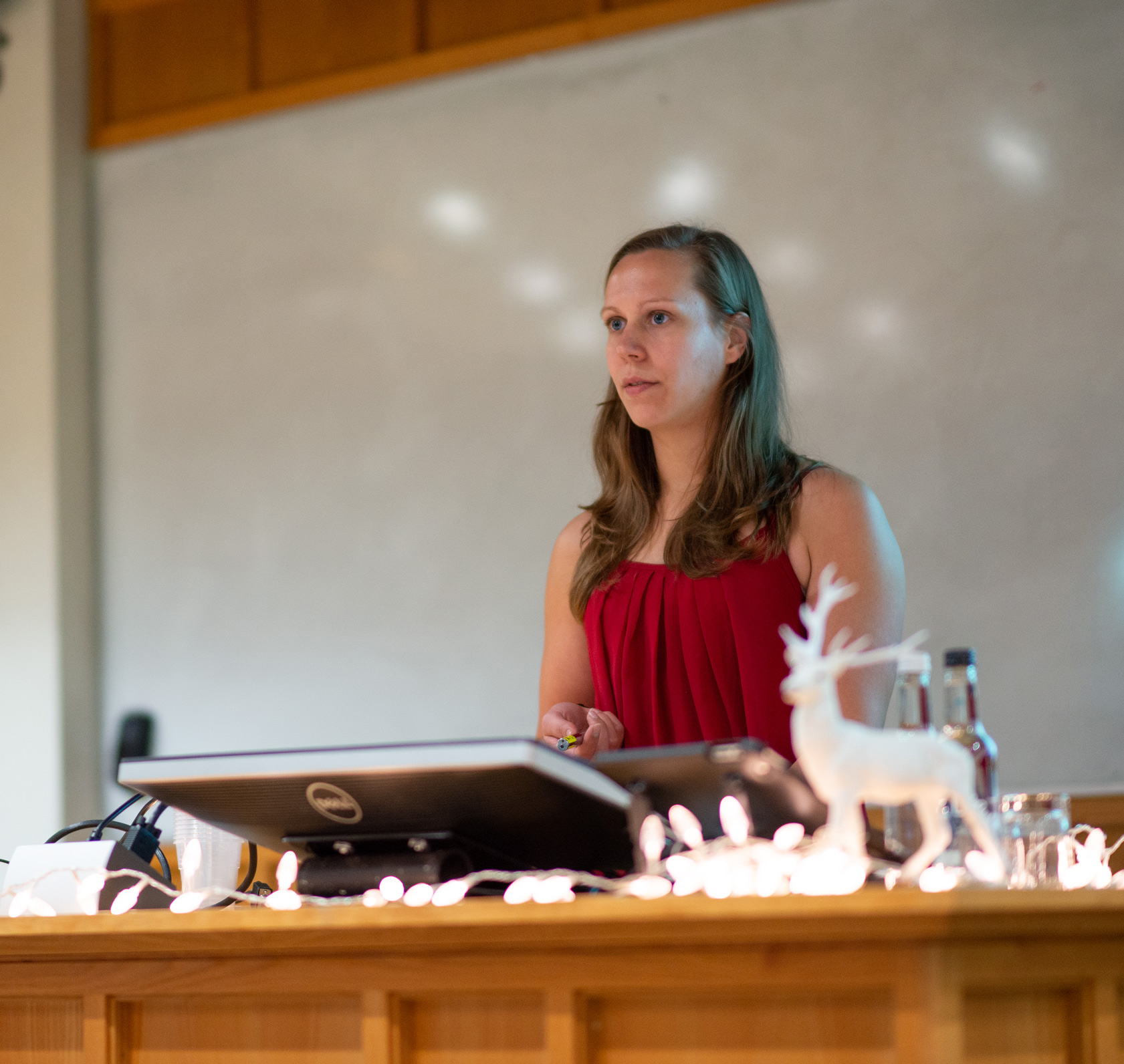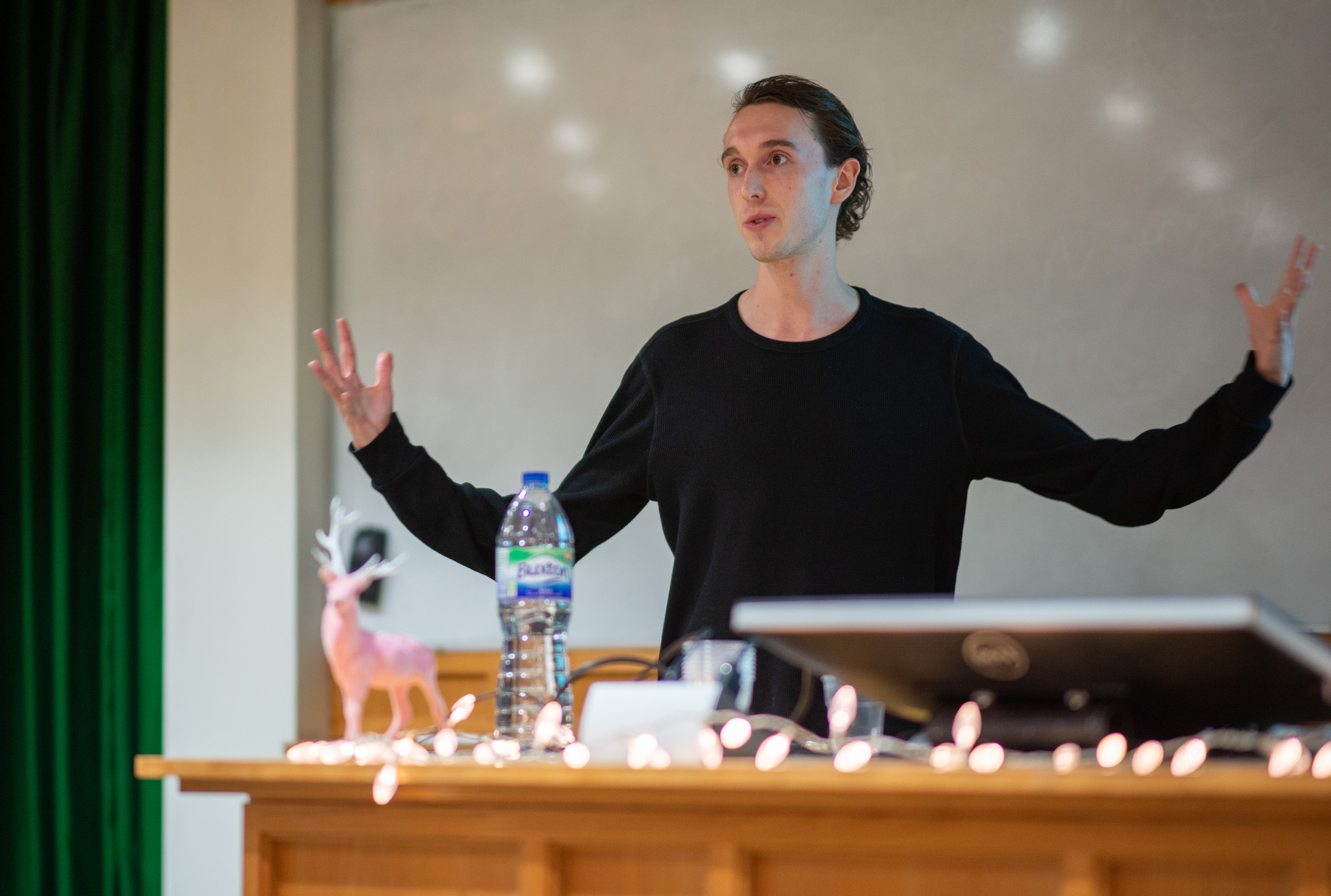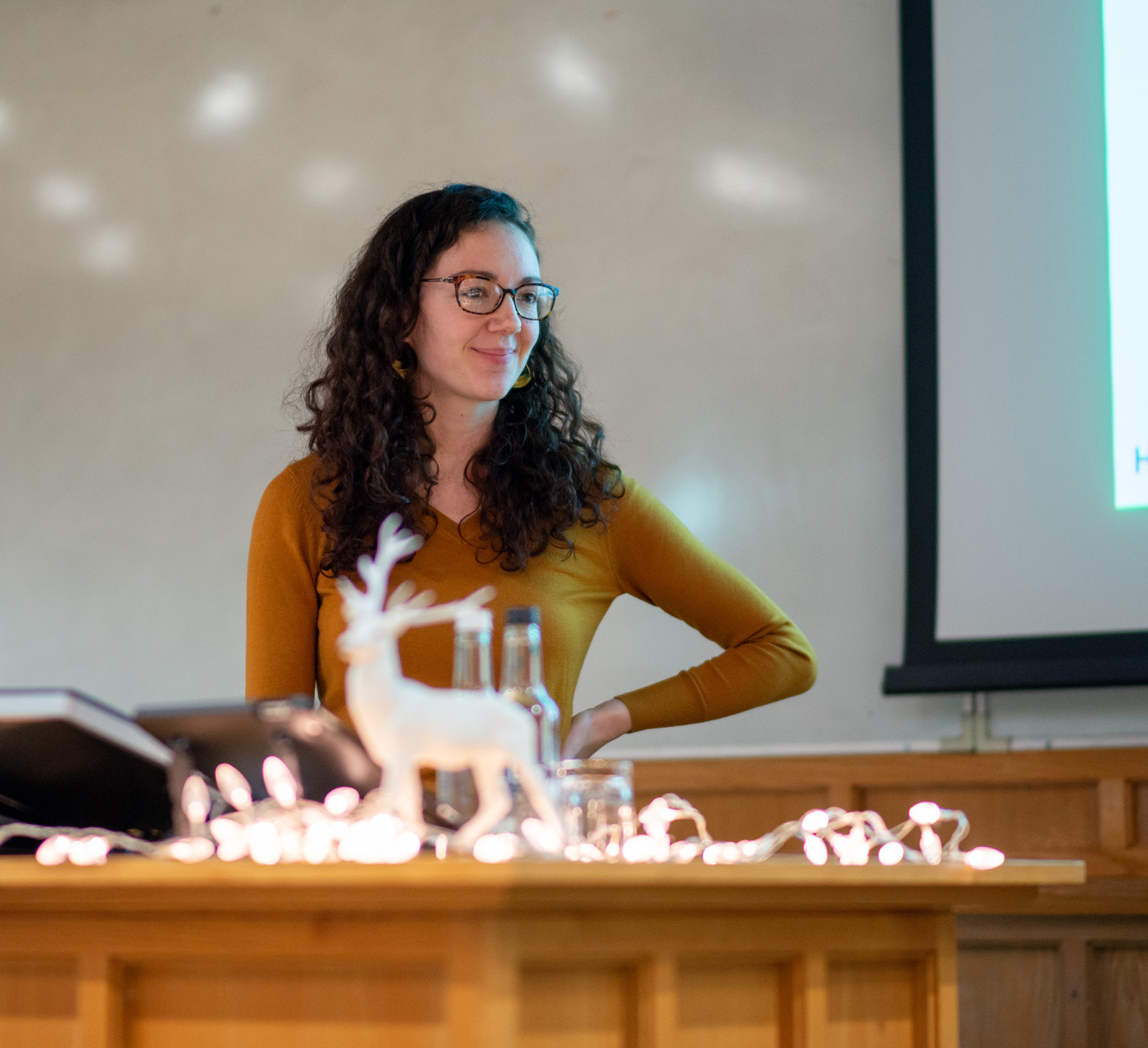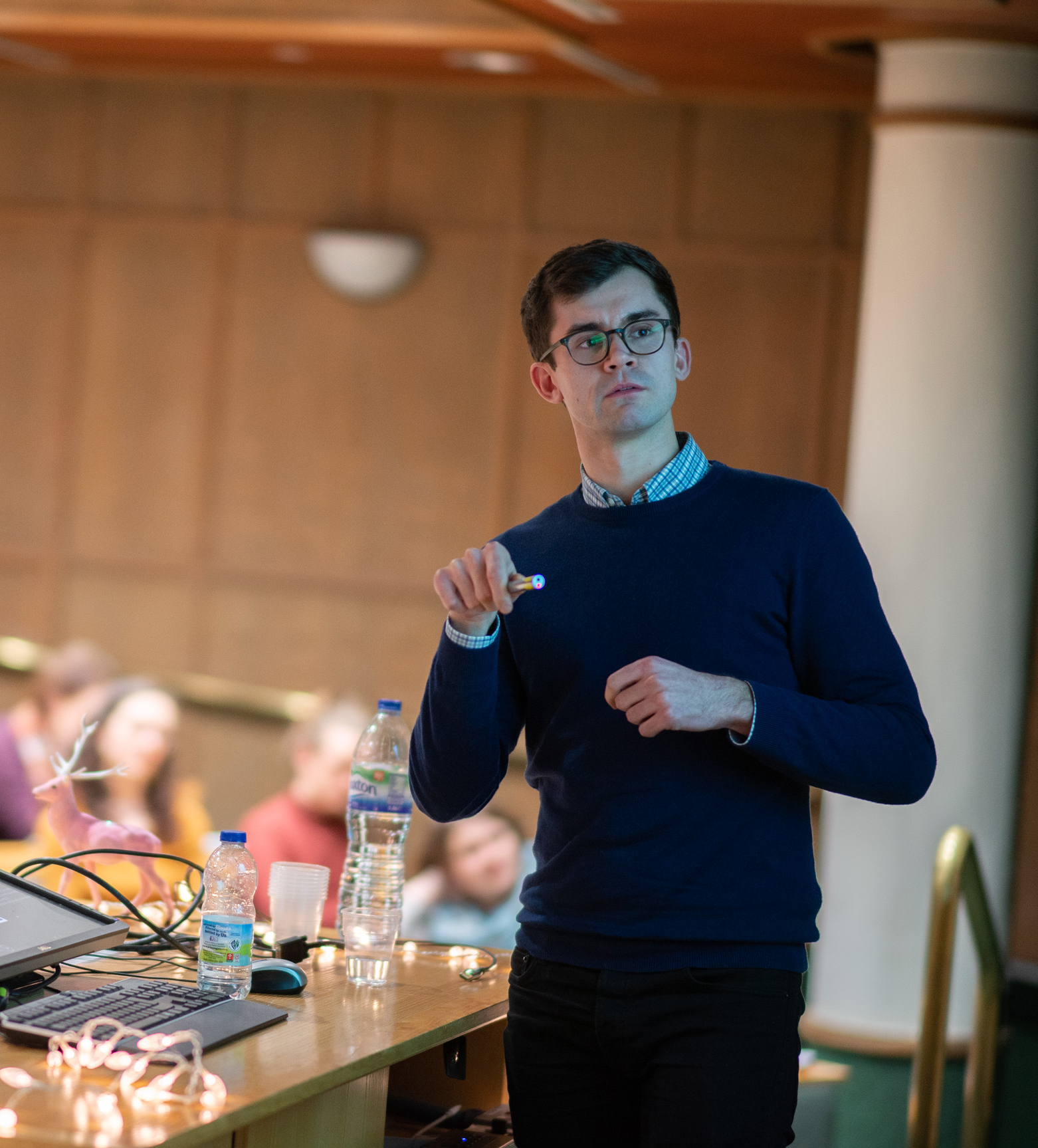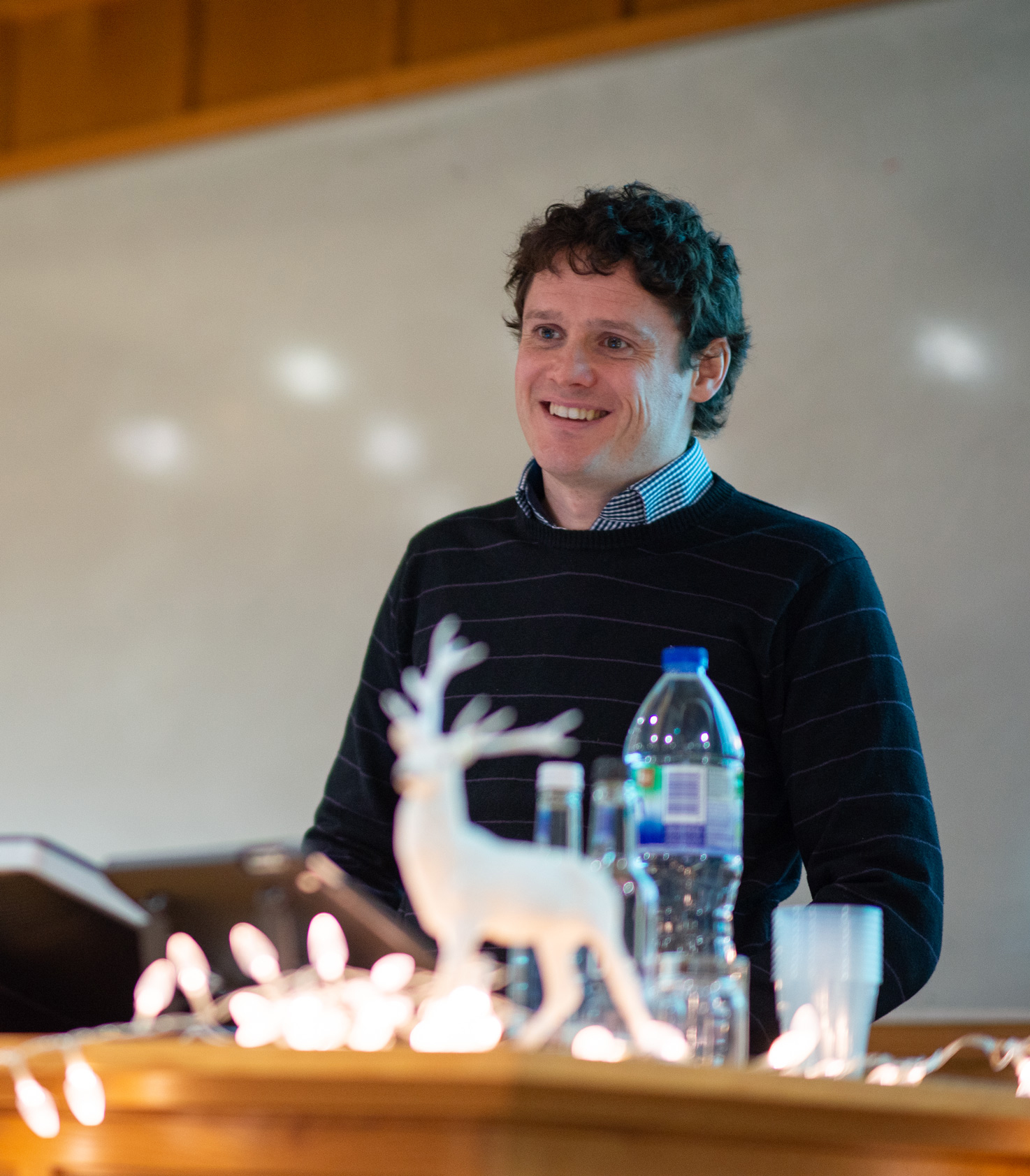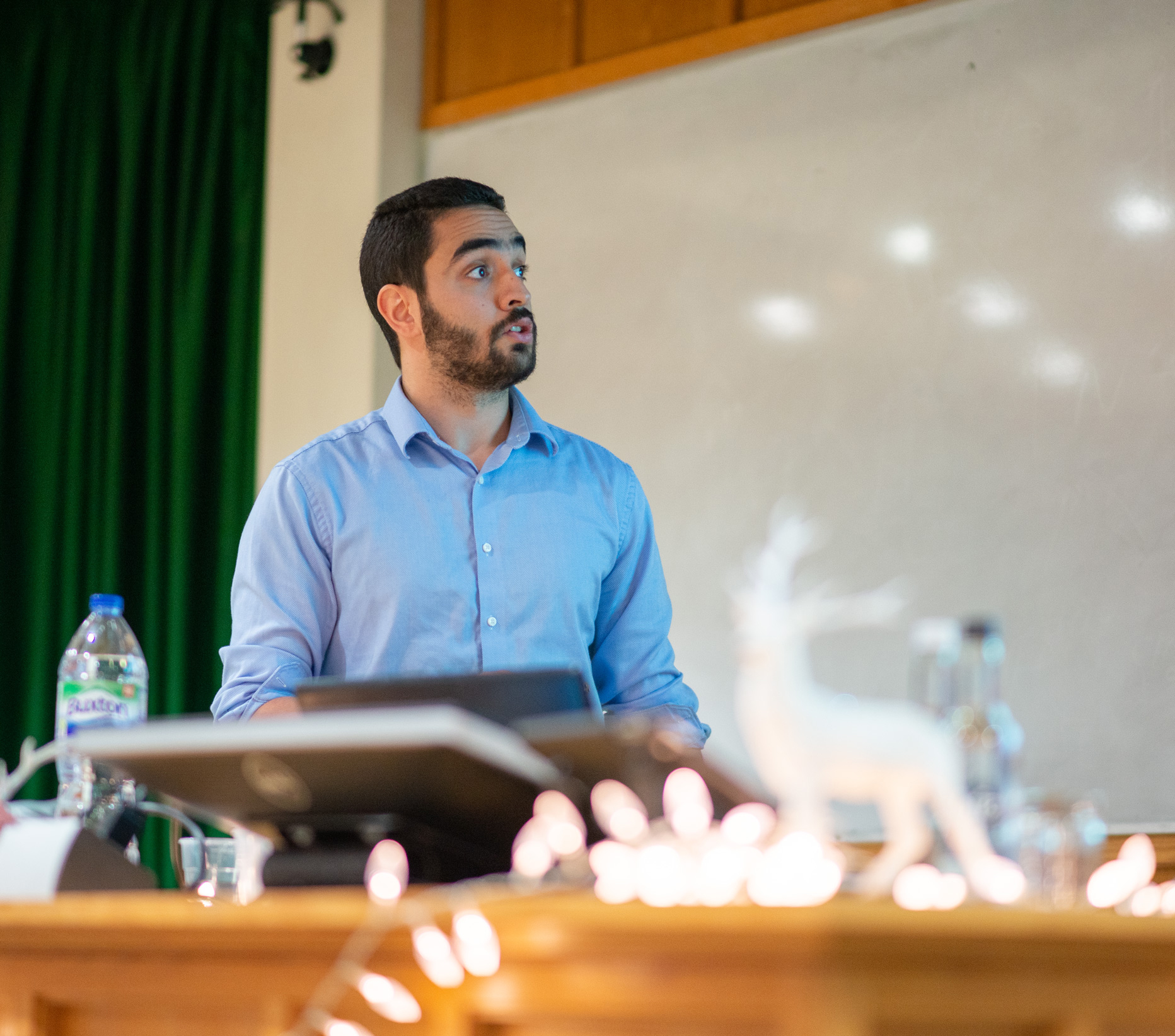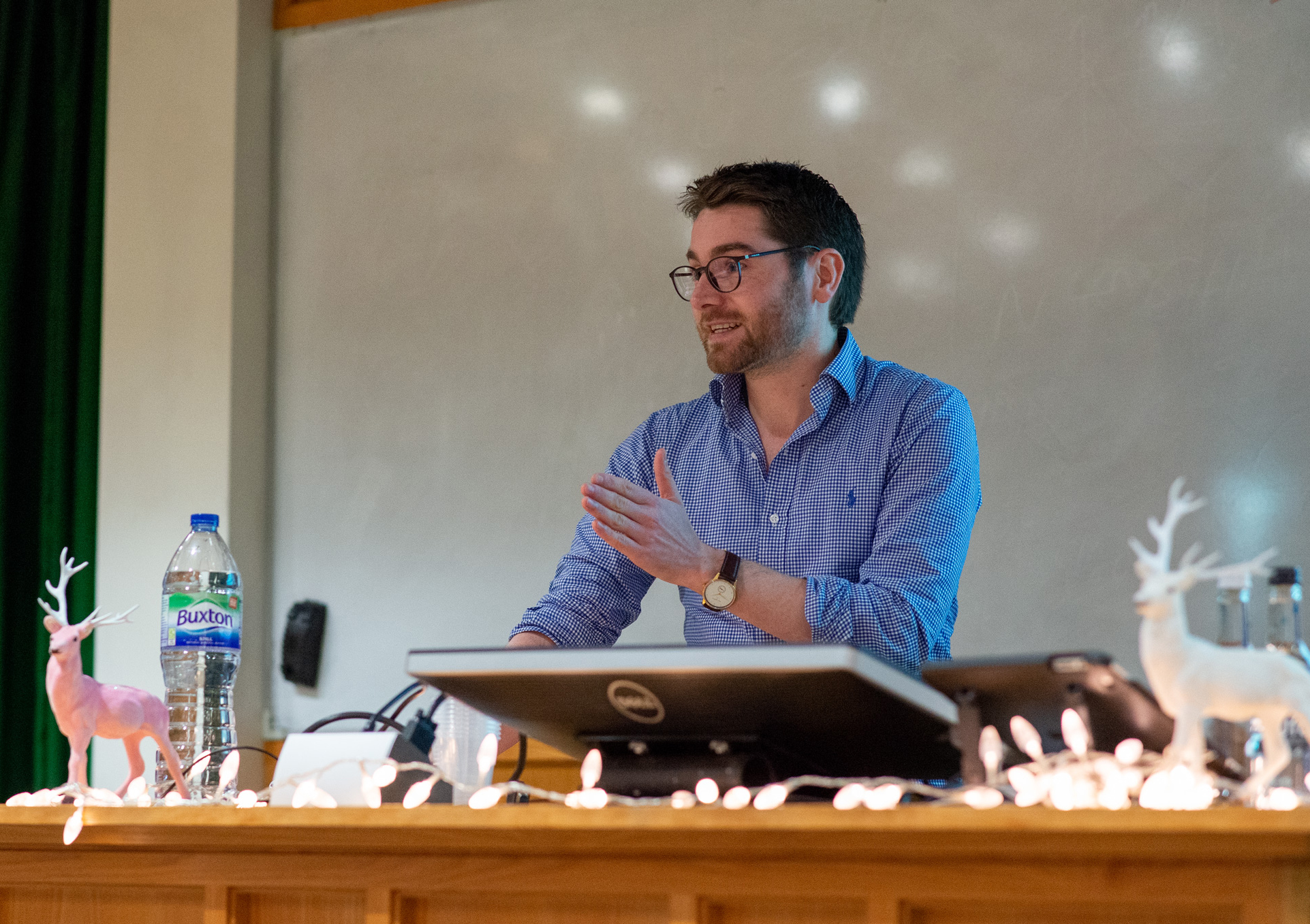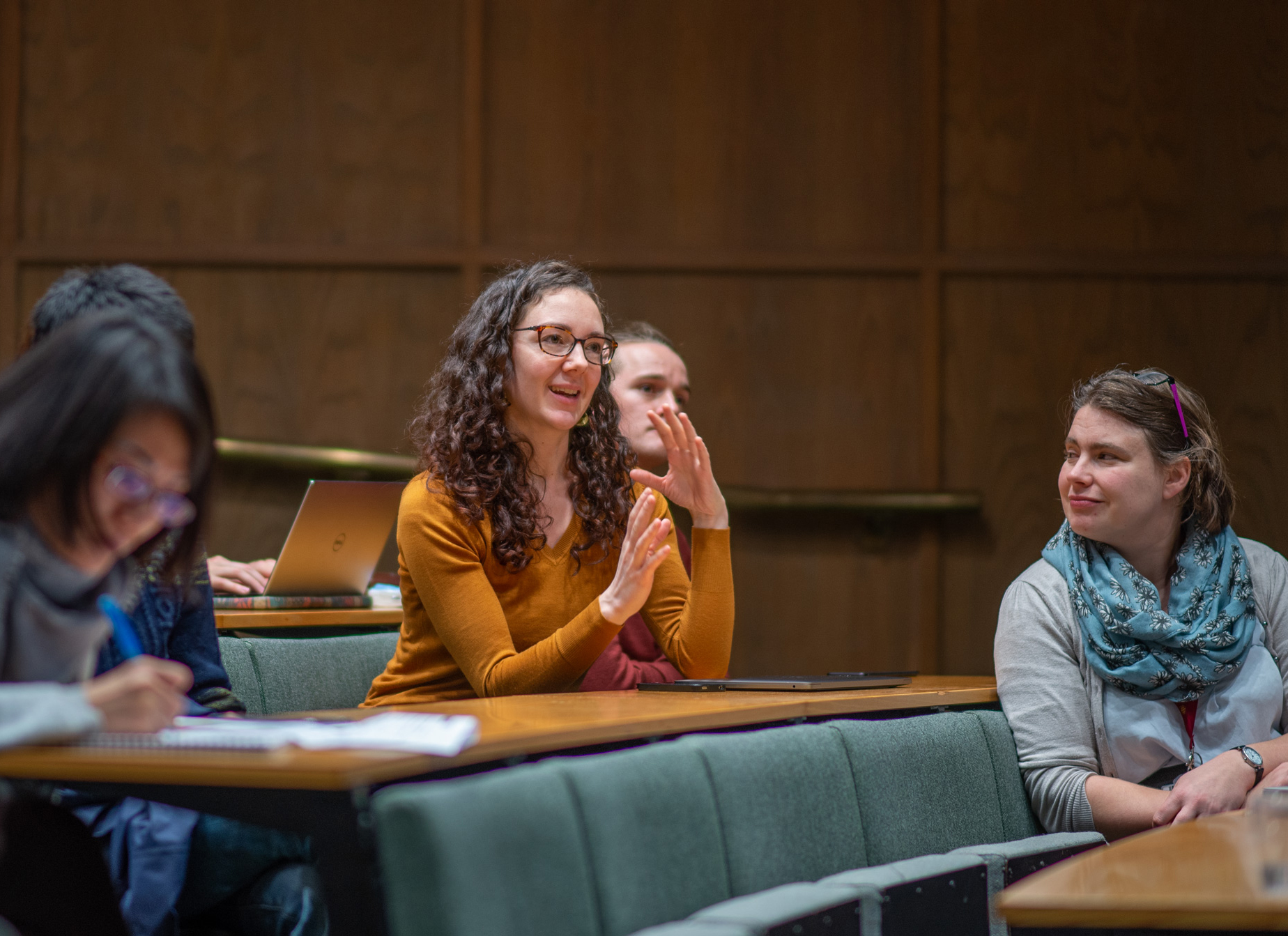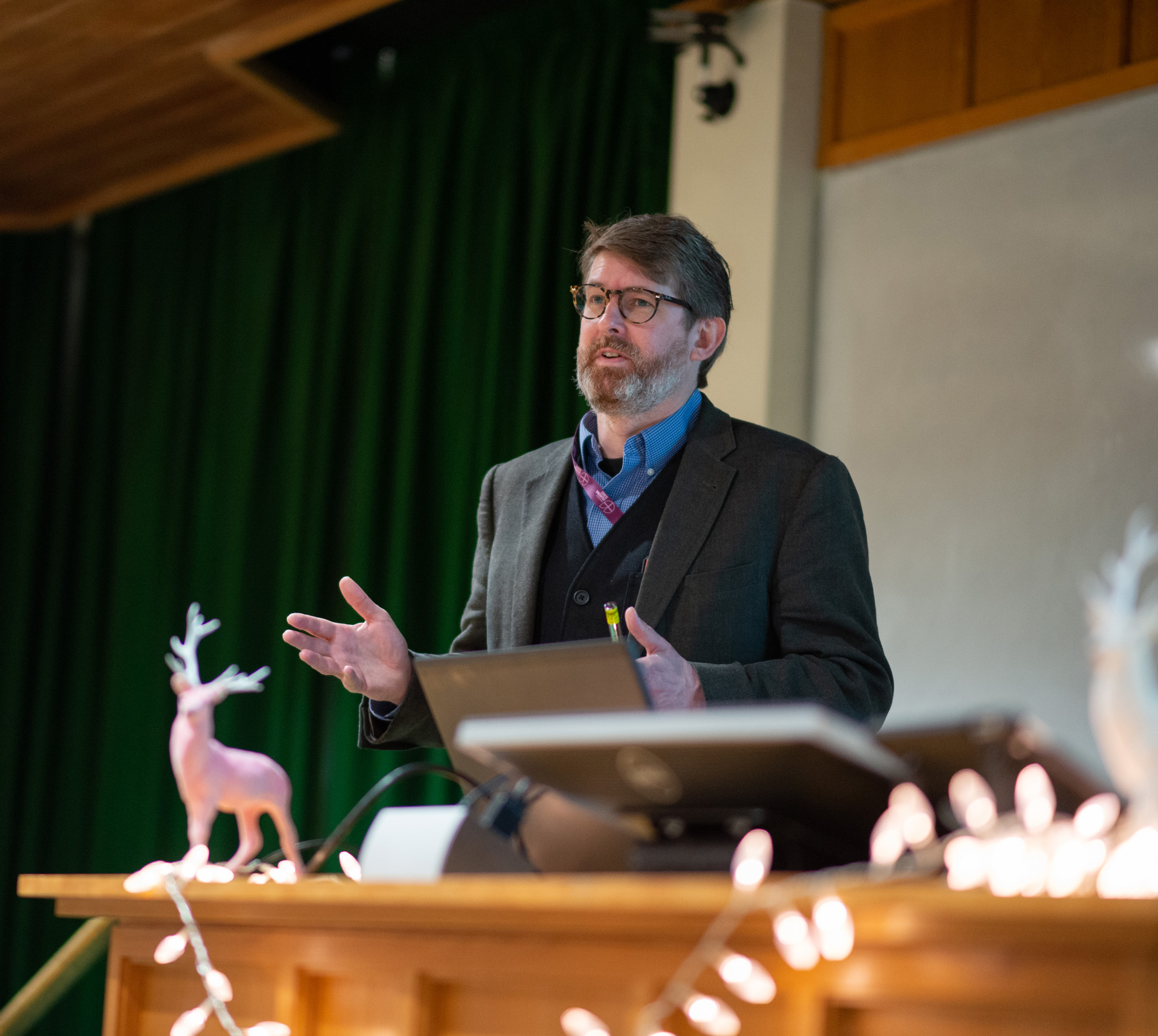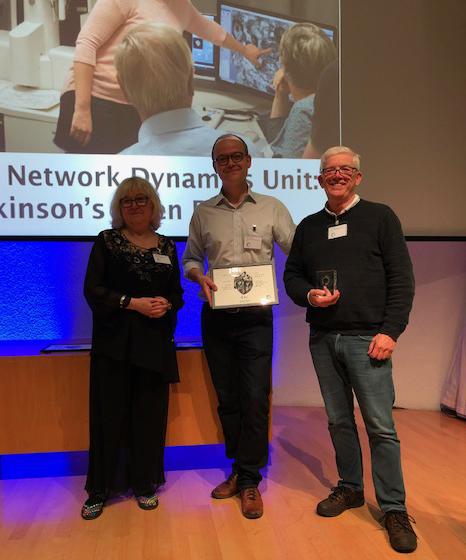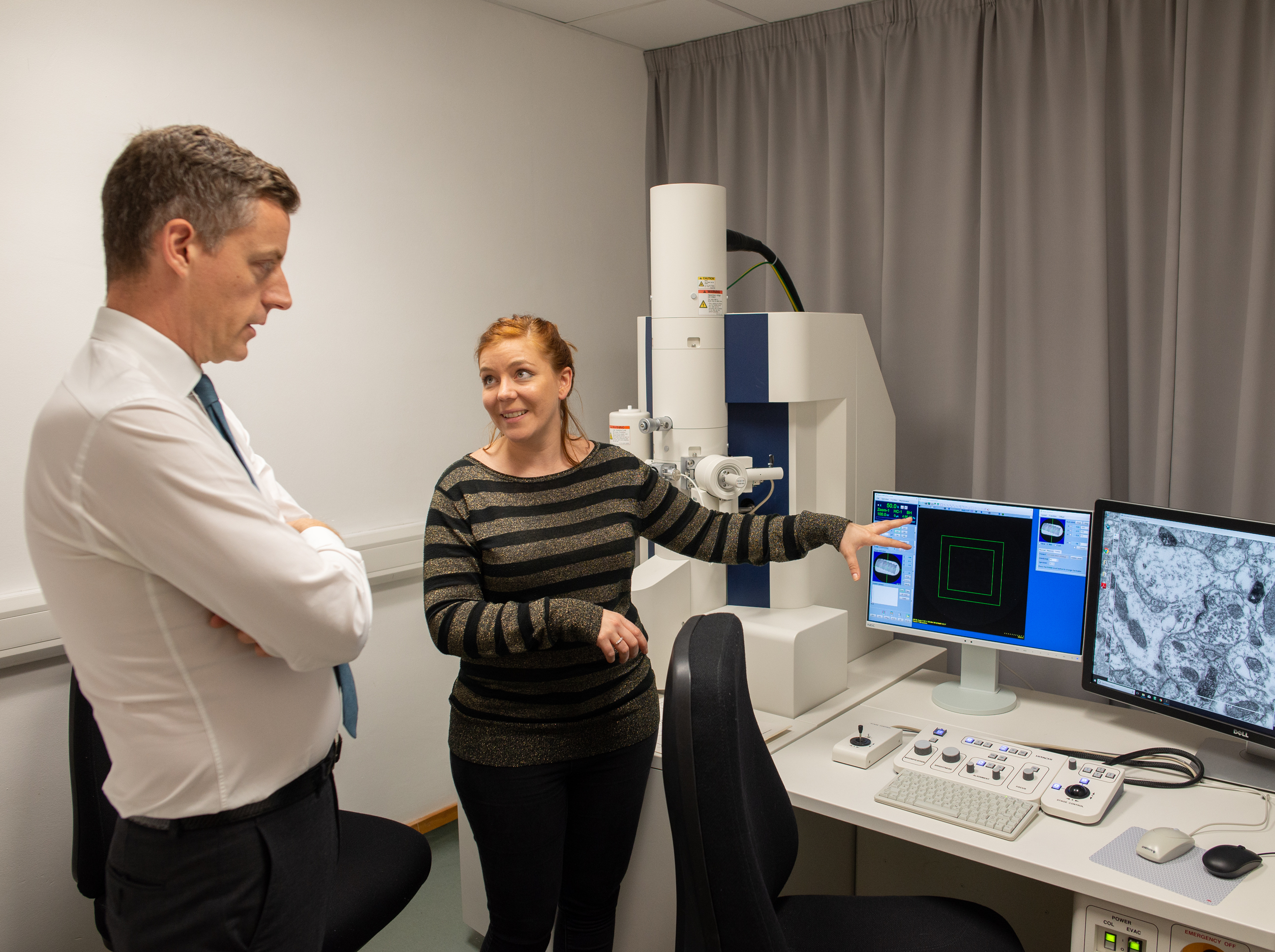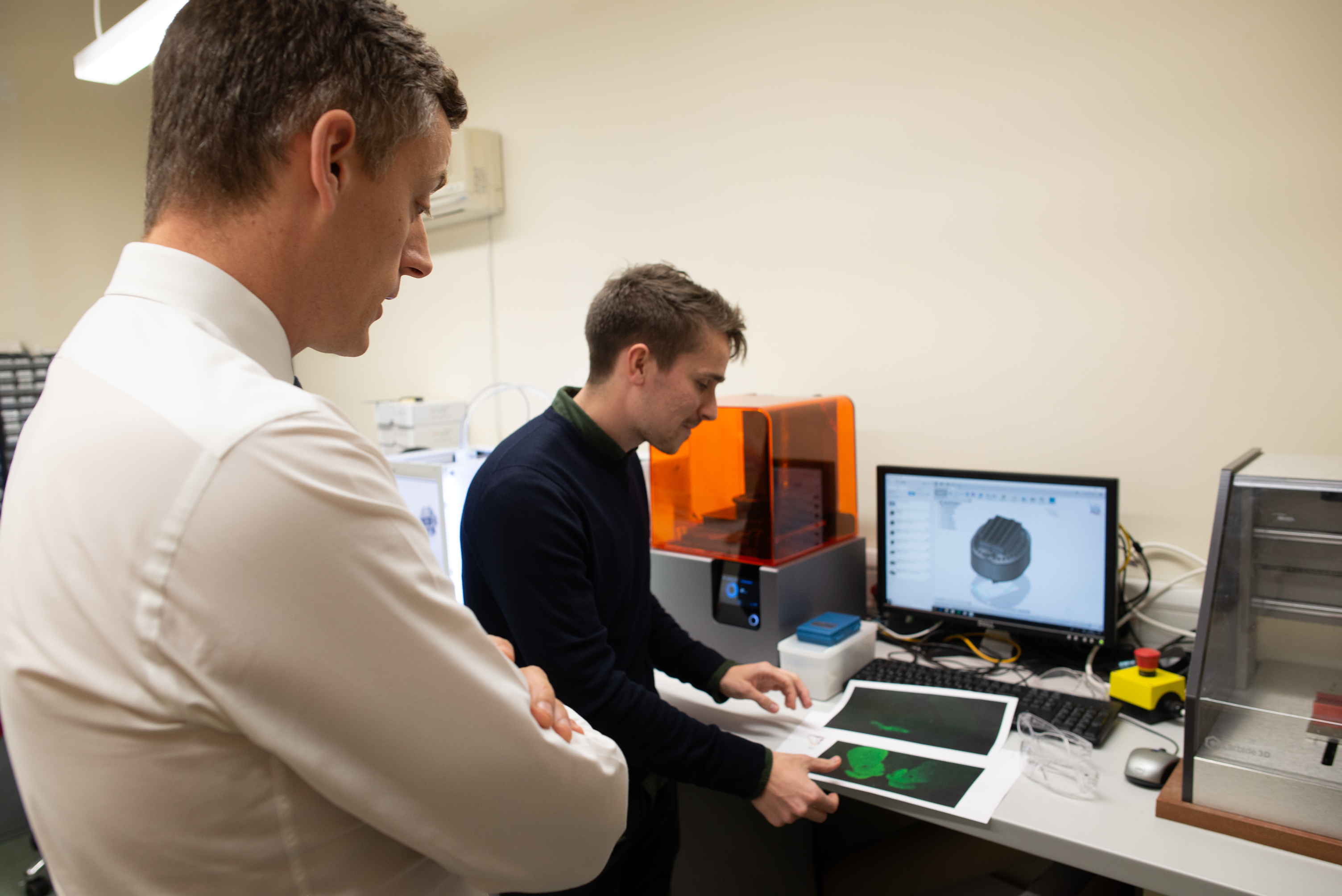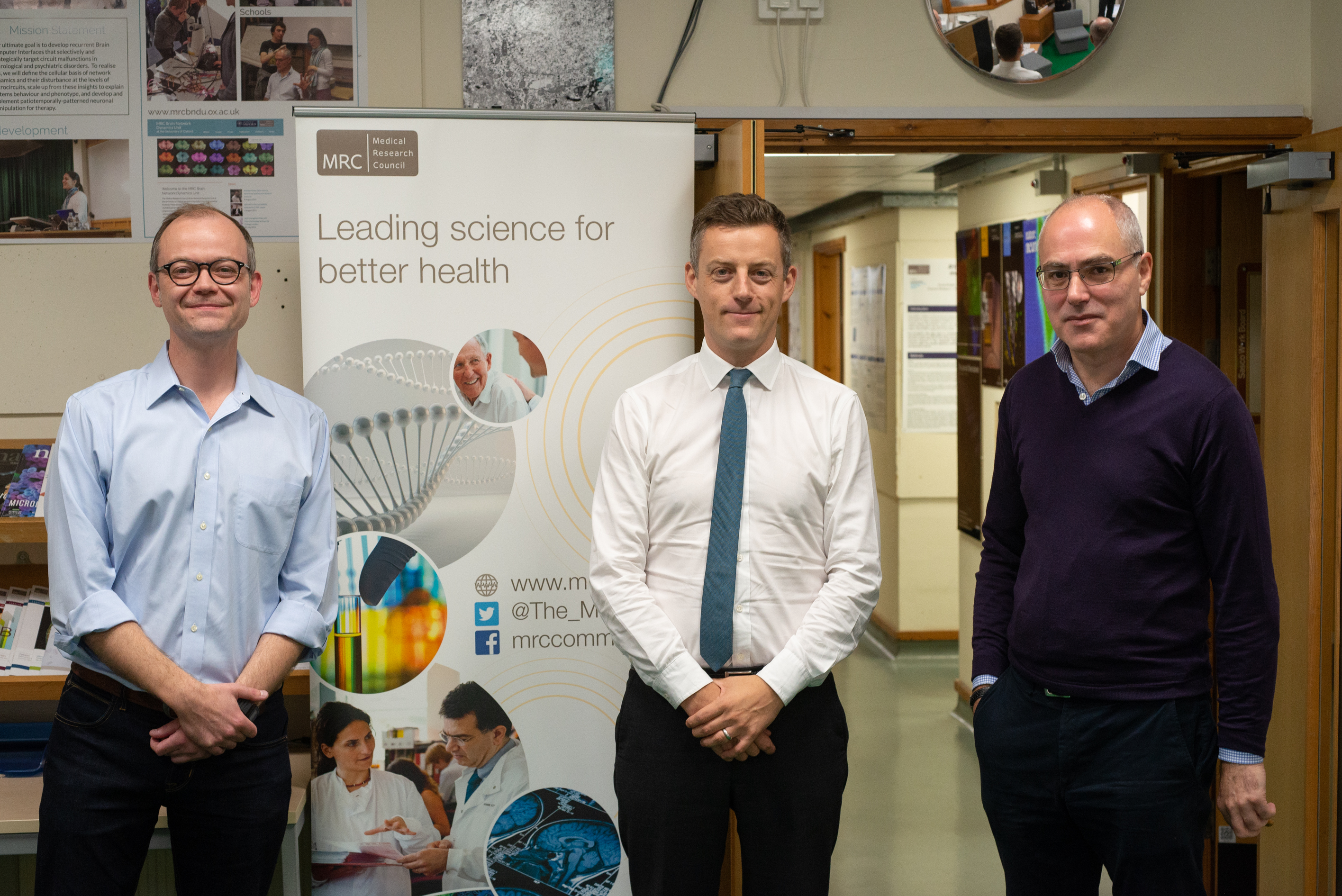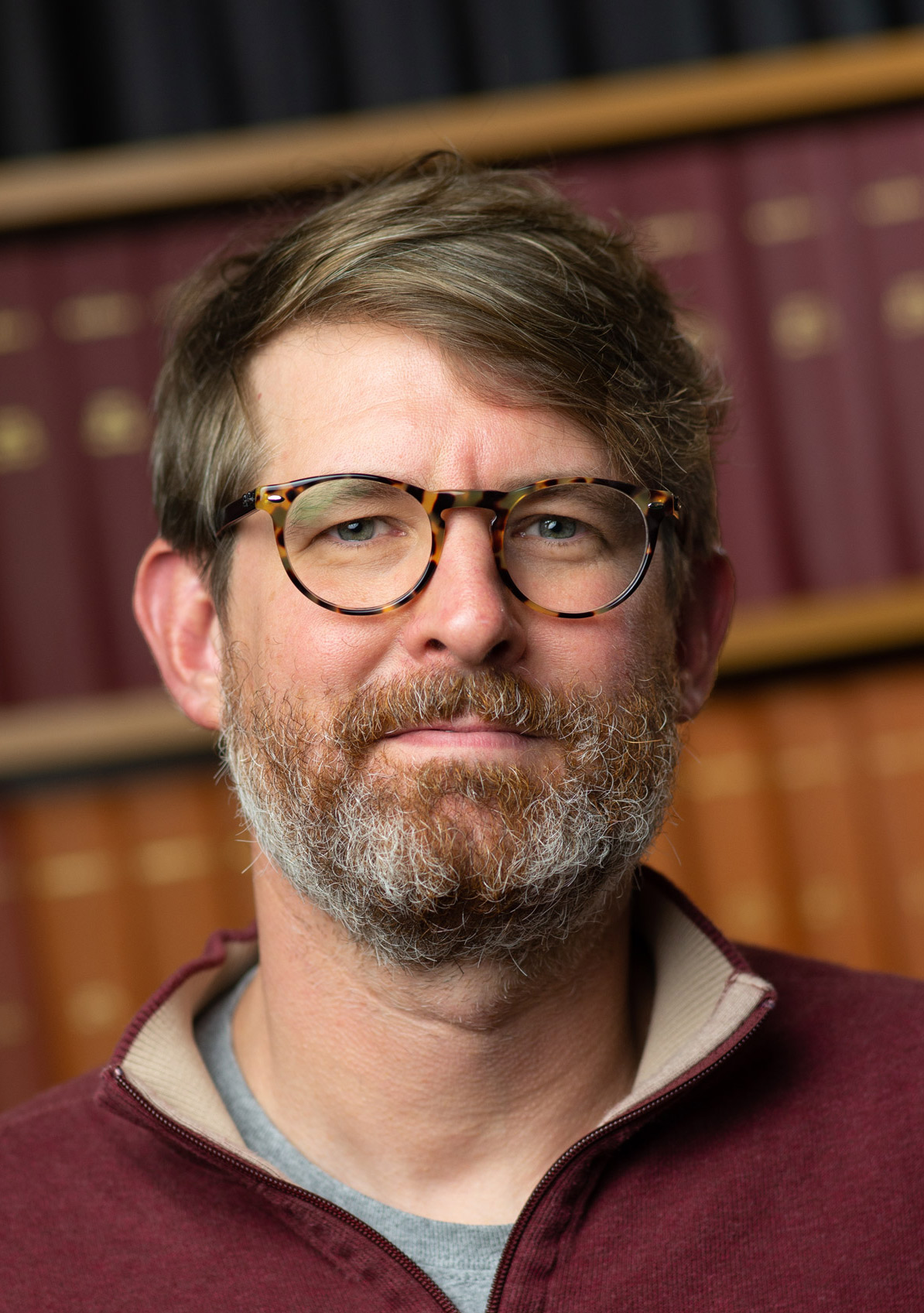
We are delighted to announce that Unit Group Leader Professor Tim Denison will deliver this year’s Graeme Clark Oration, Australia’s most prestigious free public science event.
Tim will speak to the subject of “Towards an Electronic Prescription?”, in which he will discuss the opportunities and challenges for interfacing electrical and biological circuits for the treatment of disease.
The Graeme Clark Oration celebrates advances in health and medical research that impacts people around the world. It showcases world leaders in health and medical research, and initiates a community-wide discussion around exciting developments in convergence science - where the life, physical and engineering sciences come together. Previous orations include those given by Nobel Laureate Sir Paul Nurse, and genomics pioneer Dr J. Craig Ventor.
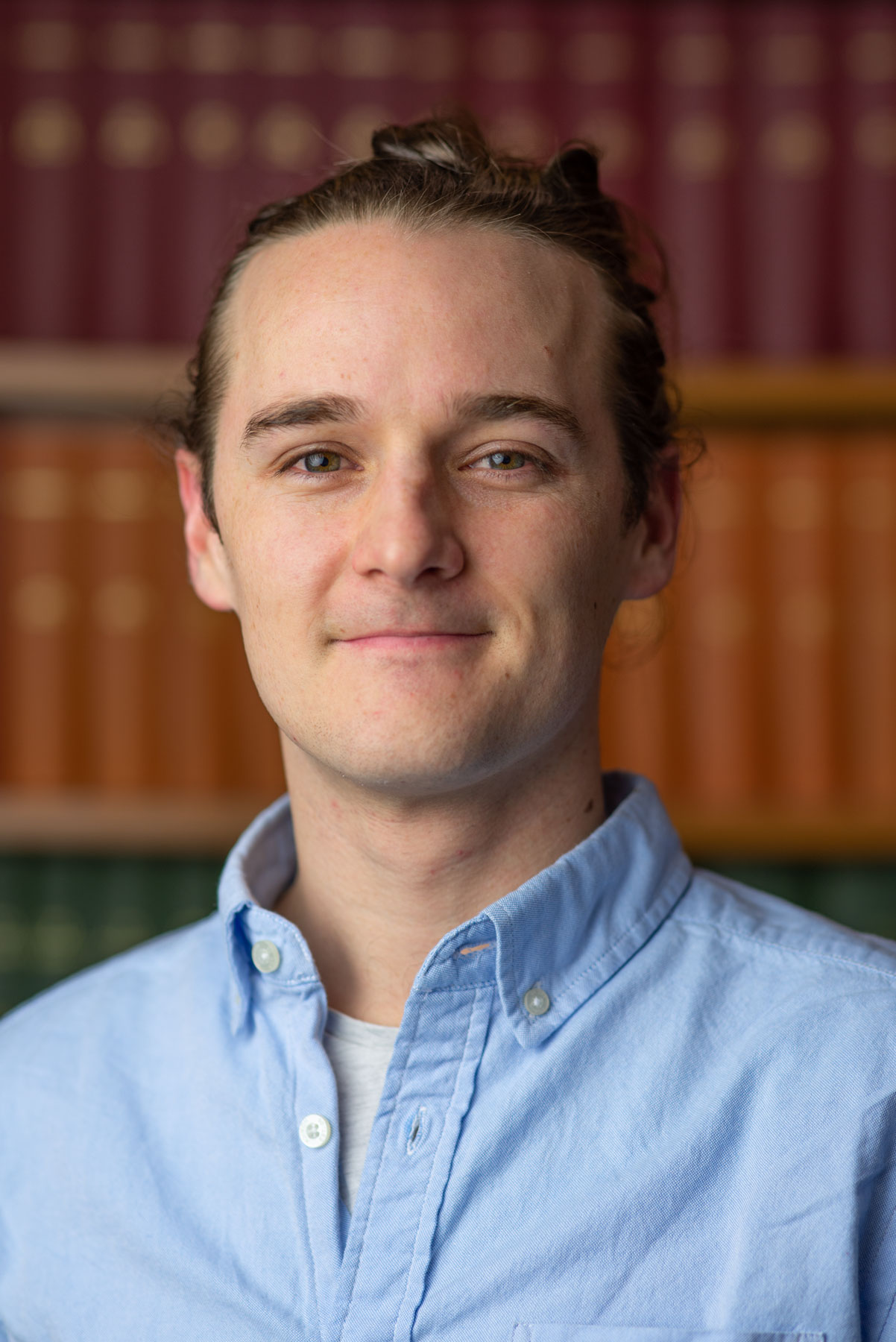
We are pleased to welcome Dr Tim West to the Unit as a Postdoctoral Neuroscientist in the Cagnan Group.
Tim originally graduated from University College London with a B.Sc. in Biomedical Sciences. He then went on to complete an M.Res. and subsequent Ph.D. at the UCL Centre for Computation, Mathematics and Physics in the Life Sciences and Experimental Biology (CoMPLEX), where he specialized in computational modelling and signal analysis of brain activity. During his doctoral research, Tim was based at the Wellcome Trust Centre for Neuroimaging, where he investigated the mechanisms underlying the emergence of pathological brain rhythms associated with Parkinson’s disease.
Here in the Unit, Tim’s research will be focused on elucidating the neuronal network mechanisms involved in tremulous movement associated with diseases such as essential tremor, Parkinsonism, and dystonia.
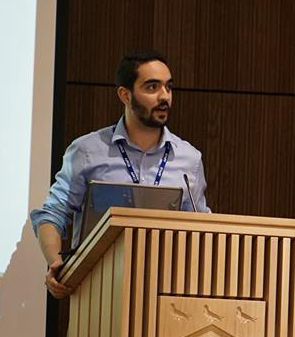
In continuing the Unit’s work in widening access and participation (WAP), Unit scientist Dr Mohamady El-Gaby recently made some key contributions to the inaugural Oxford Muslim Student Research Conference, held at Worcester College on 19th January 2019.
The aims of the Conference were to encourage Muslim students to pursue careers in academia, and to continue building a network bringing together Muslim academics and students. The conference included keynote talks from high-profile academics, showcased research presentations and posters from around the country, and hosted dedicated workshops to help foster skills in research and academia.
Mohamady helped organise the Conference, delivered a workshop on “Getting started in Academia: the Natural Sciences”, and gave a talk highlighting some of his neuroscience research in the Unit.
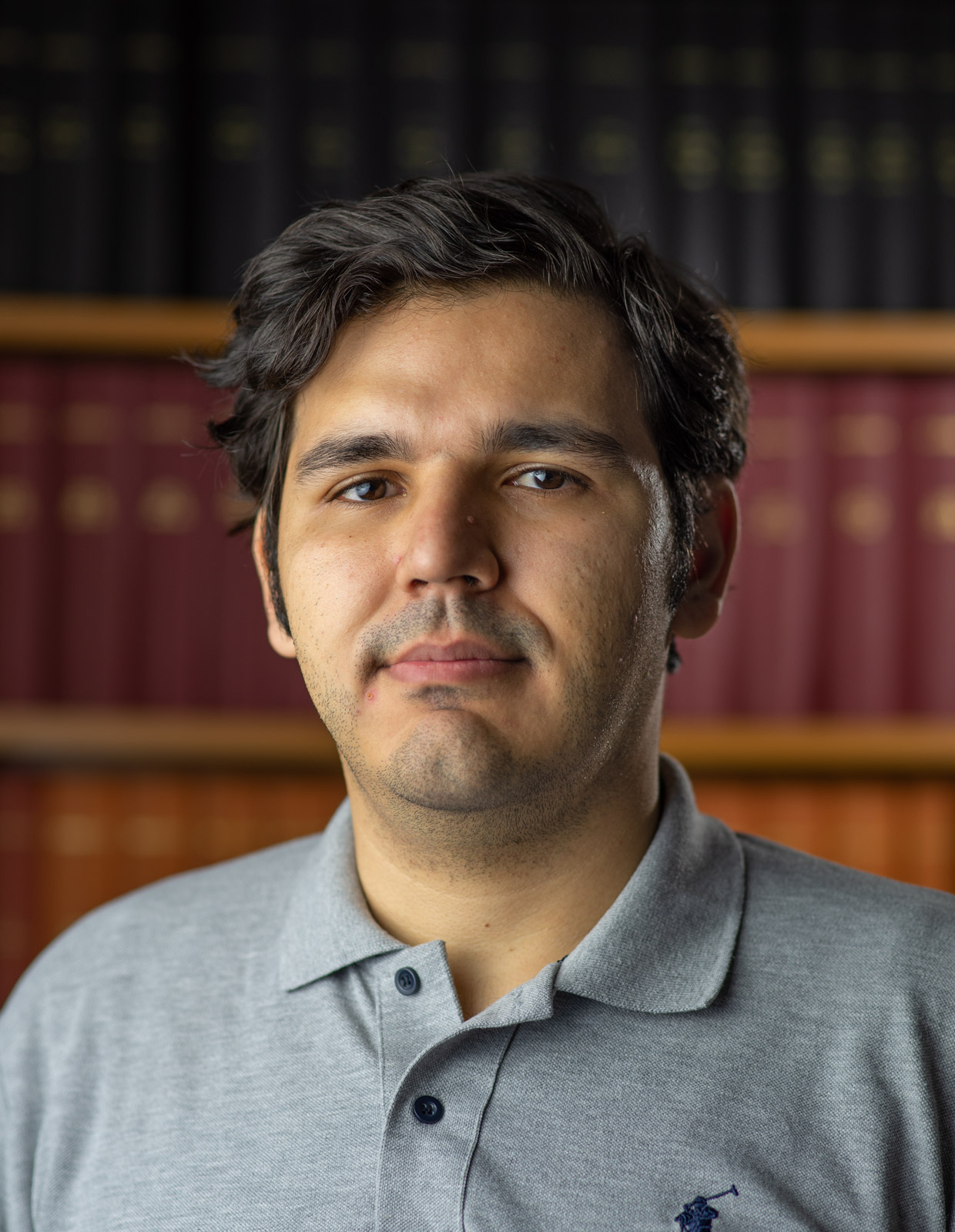
We are pleased to welcome Dr Majid Memarian Sorkhabi as a Postdoctoral Scientist in Tim Denison’s Group.
Majid completed his Ph.D. in Electronics Engineering at the University of Tabriz, Iran, where his doctoral research was focused on transcranial magnetic stimulation for the treatment of Parkinson's disease. For this purpose, Majid designed and built a prototype specifically designed to concentrate magnetic flux in the desired area of the brain, as validated in rodent models of Parkinsonism.
Here in the Unit, Majid's research will focus on developing non-invasive and minimally invasive therapies for neurodegenerative diseases.
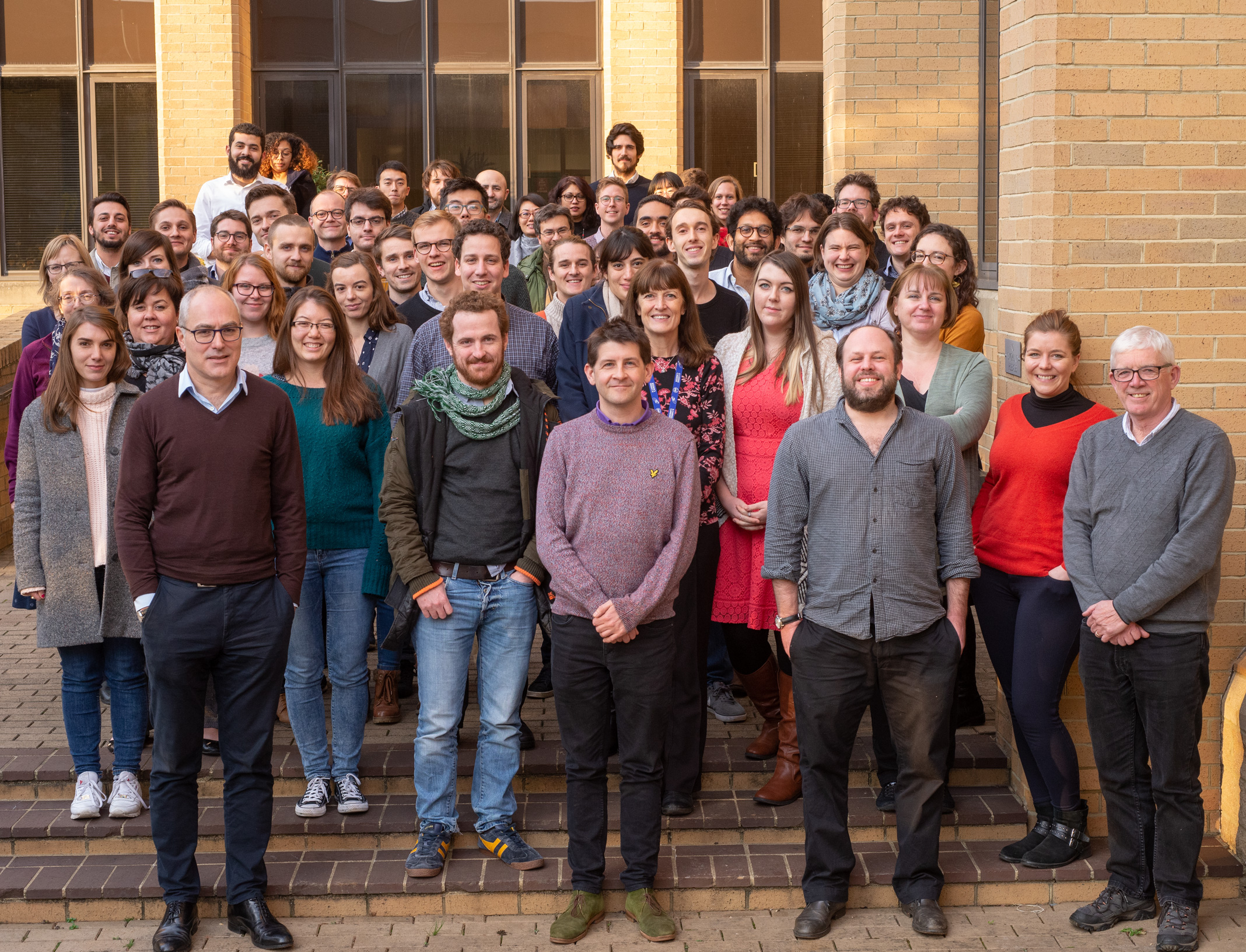
The Unit held its eighth Science Day on Friday 14th December 2018. Unpublished work and future research projects were the focus of discussion, and Unit members and visitors enthusiastically took the chance to offer the constructive criticism that is vital for nurturing collaborative, world-leading research.
There were 16 short talks and poster presentations, almost all of which were given by the Unit’s early-career scientists. Attendees were also treated to a Special Lecture by Professor Andrew Jackson of the University of Newcastle, in which he gave a discerning account of how local field potential dynamics can be exploited for neural interfaces.
Unit Director Professor Peter Brown commented “Another excellent Science Day. It was great to see how the Unit’s researchers are using their foresight and ingenuity to push back the frontiers of clinical, experimental and computational neuroscience.”
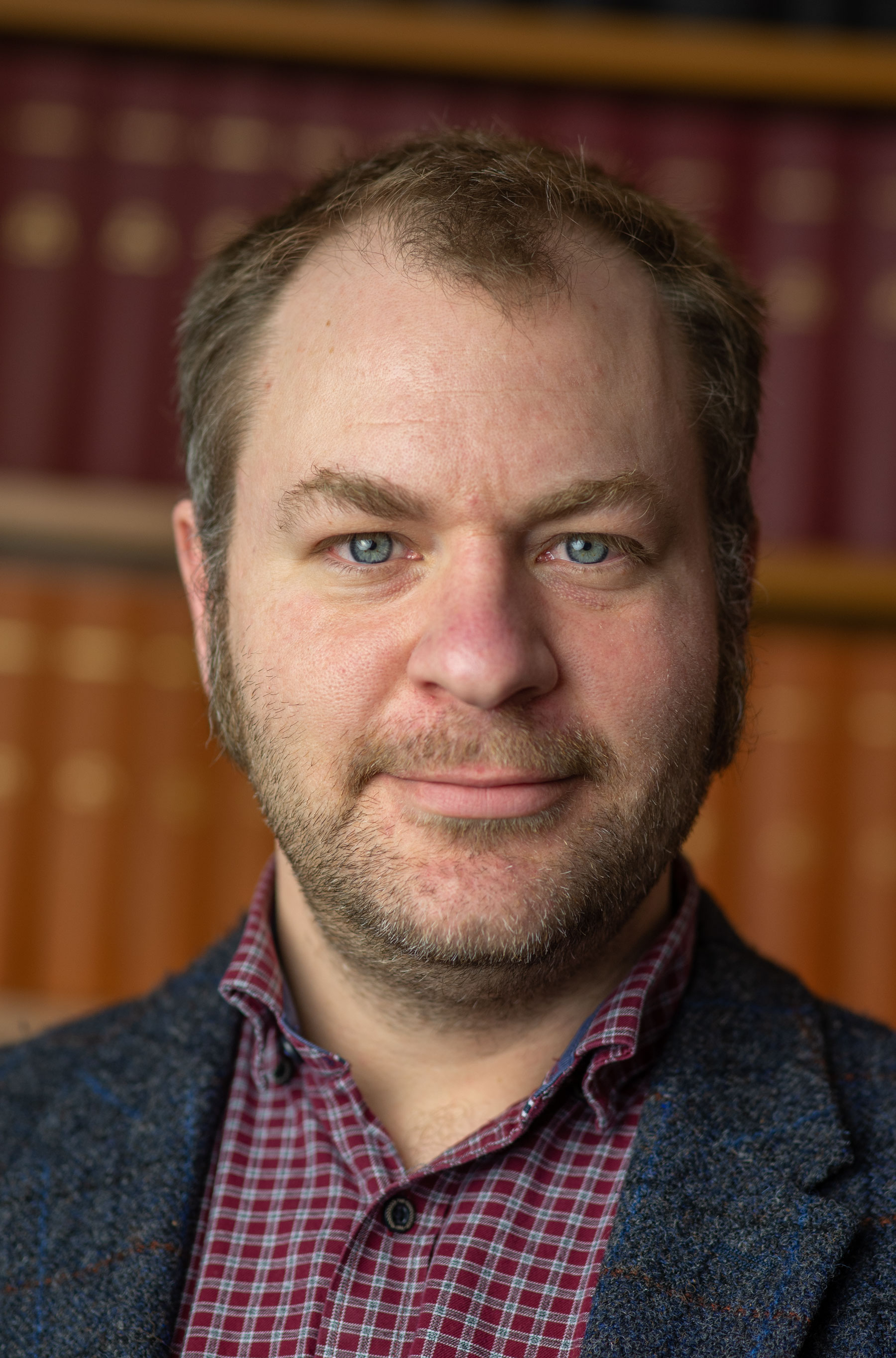
We are pleased to welcome Dr Andrew Clouter to the Unit as a Postdoctoral Scientist in Peter Brown’s Group.
Andrew completed undergraduate and graduate degrees in finance at Dalhousie University, Canada, before changing fields to experimental psychology. Andrew completed his Ph.D. in Experimental Psychology at the University of Birmingham, investigating the neural mechanisms underlying long-term memory formation in humans.
Here in the Unit, Andrew's research will focus on the mechanisms underlying human decision making, and the role of the subthalamic nucleus in accumulating information and setting decision thresholds.
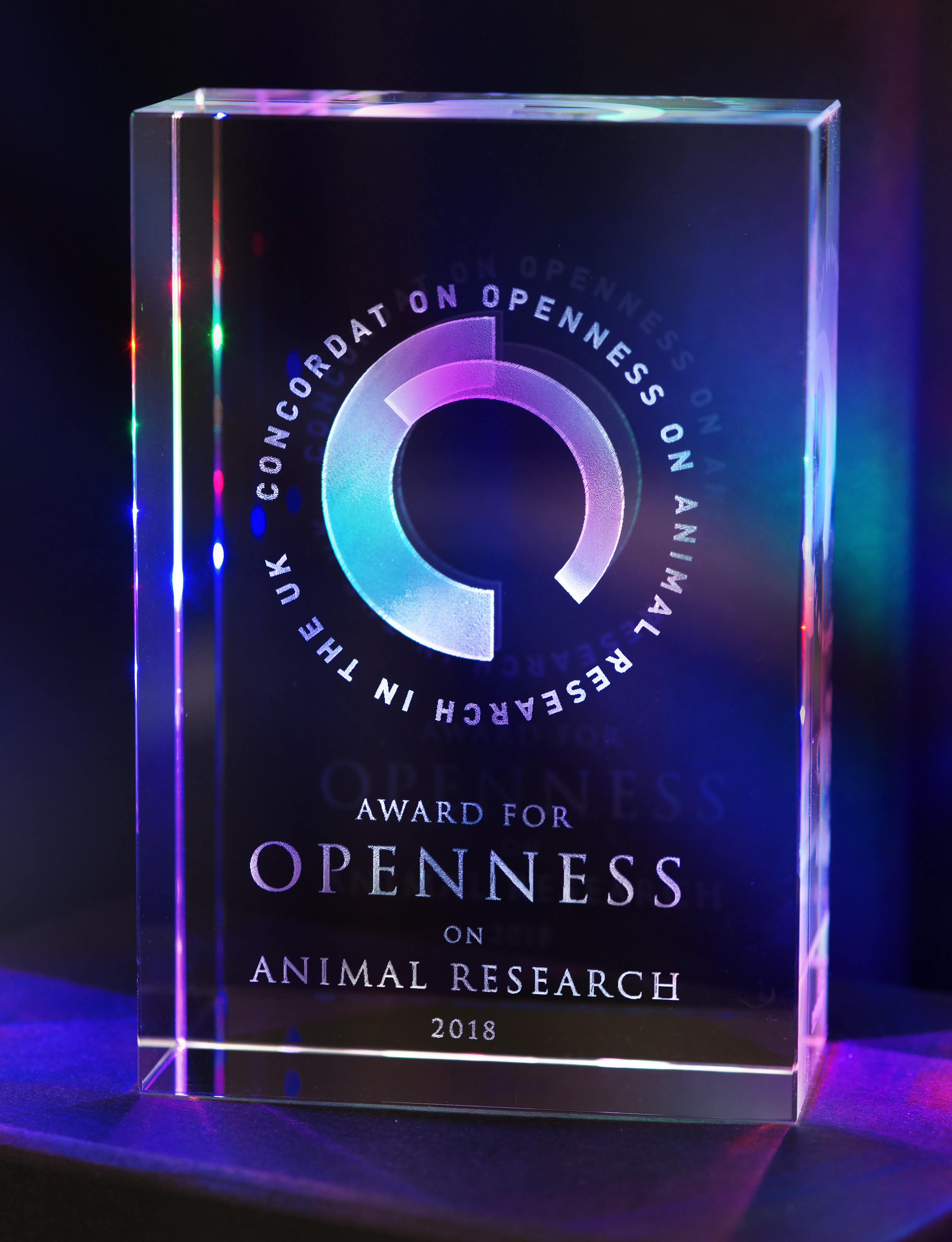
We are delighted to announce that the MRC Brain Network Dynamics Unit has won Understanding Animal Research’s 2018 Openness Award in Public Engagement Activity.
The Openness Awards were launched in 2014 by Understanding Animal Research to celebrate the achievements of the sector in honouring their commitment to the Concordat on Openness on Animal Research. The Awards seek to recognise those individuals and collectives who have championed openness on animal research over the years, and those who continue to do so.
Drawing on nominations from across the UK, this year’s Awards showcased many excellent examples of advocacy. The Unit’s Award citation noted its exemplary track record in public engagement, highlighting in particular the Unit’s work with people affected by Parkinson’s. Unit Deputy Director Professor Peter Magill and Associate Unit Member Professor Paul Bolam received the Award on behalf of all Unit members at a ceremony held yesterday in London.
Peter commented: “The use of animals is vitally important for the Unit’s innovative science, and we are committed to communicating - in an open and transparent way - exactly when, how and why we use animals in brain research. Most of the activities in our thriving Outreach programme provide opportunities for the public to learn more about and discuss research using animals. For the Unit’s work to be recognised in this way is hugely gratifying for our all members.”
You can learn more about the Unit’s award on the University of Oxford’s News webpage.
On 16th October 2018, Unit scienists Saed Khawaldeh and Rafal Bogacz visited Longwick Church of England Combined School near Oxford, where they met with about 50 pupils from Years 5 and 6. During the visit, Saed and Rafal led the pupils in discussions about how the brain is built and how it controls movements. The pupils experimented with brain-computer interfaces, and explored how a robotic arm can be controlled by electrical signals in muscles that are triggered by the brain. The pupils were also given opportunities to build pipecleaner models of nerve cell networks, and to see some of the Unit's brain tissue archive.
Year 5 teacher Ms Emma Pughe commented: “The children really enjoyed the visit and were very inspired to hear about the research. We invited the parents into school on Friday so that the children could share what they had learnt in Science Week. I could hear lots of the children telling their parents about the brains and robotic arms.”
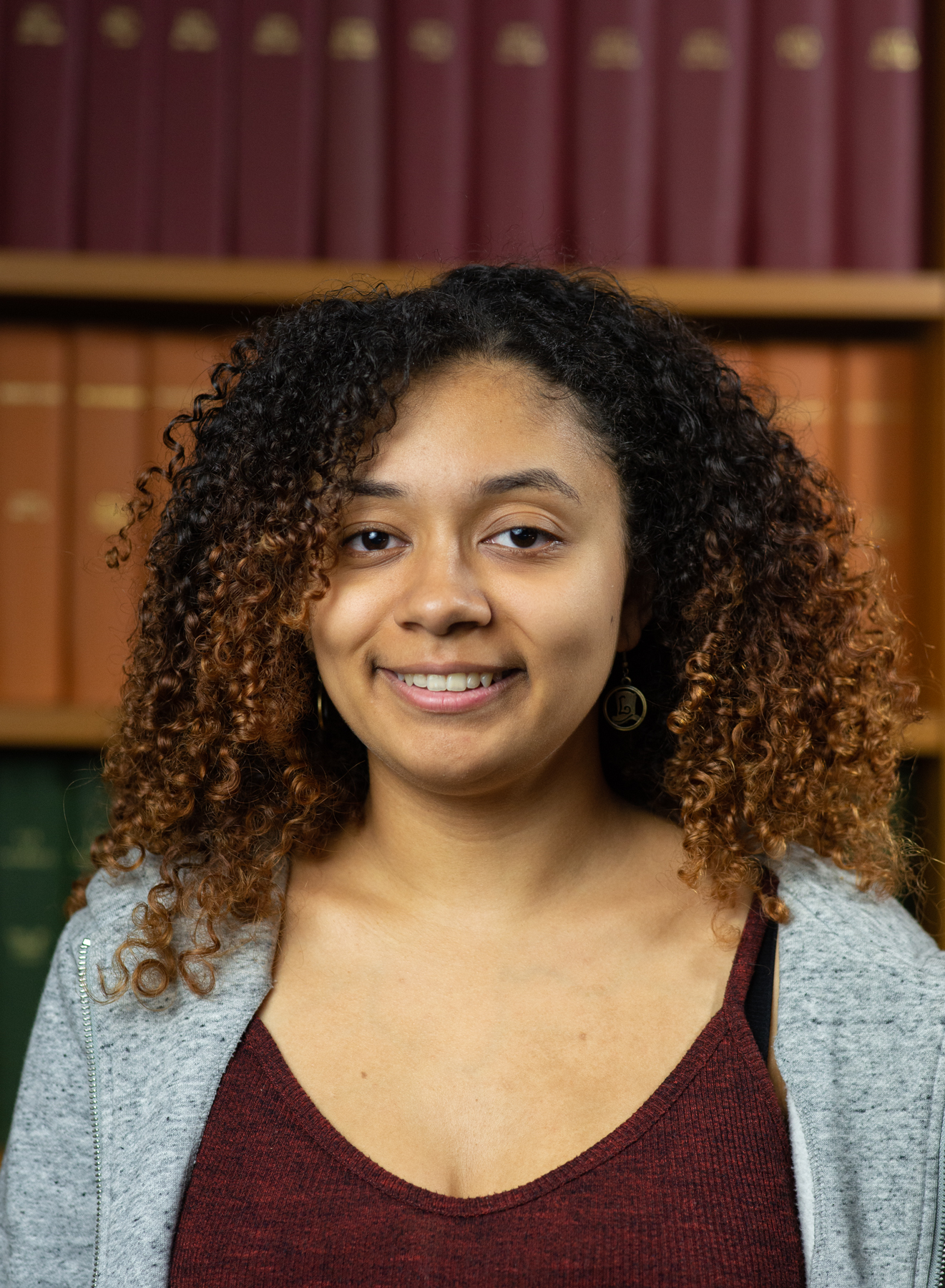
We are pleased to welcome Freya Marijatta to the Unit as an MRC-funded D.Phil. student in Professor Peter Magill’s Group.
Freya graduated with a B.Sc. in Psychology from University College London, and then completed a M.Sc. in Neuroscience at the University of Oxford. As part of Freya’s M.Sc. research, she worked with Dr. Mark Walton on a project examining the effect of background reward rate on learned Pavlovian behaviours and dopaminergic activity, implementing a novel behavioural task and making photometric recordings of dopaminergic neurons.
During Freya’s D.Phil. thesis work in the Unit, she will use in vivo electrophysiological recordings, cell-type-selective manipulations, behavioural analysis and computational methods to elucidate how the activity of midbrain dopamine neurons impacts on their neuronal targets in the striatum to govern purposeful movement.
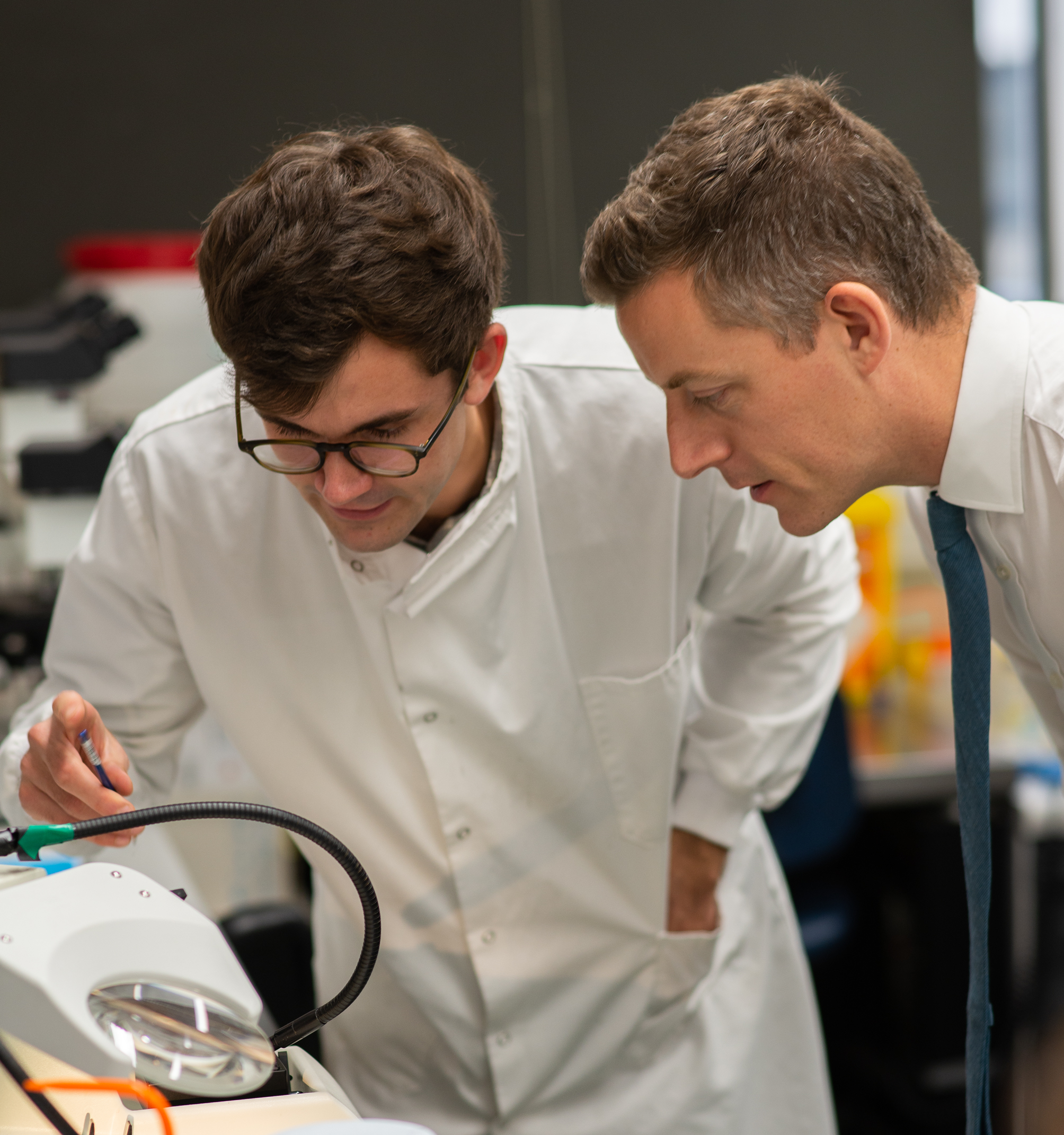
The Unit recently welcomed Lord James O’Shaughnessy, Parliamentary Under-Secretary of State for Health, for a site visit organised as part of The Royal Society’s Pairing Scheme.
The visit began with Unit Group Leaders Peter Brown, Peter Magill and Tim Denison highlighting why, how and where the Unit undertakes its cross-disciplinary research incorporating experimental neuroscience, clinical studies and bioengineering. This prompted some insightful discussion on the Unit’s contribution to the UK’s research and innovation landscape, as well as its alignment with government policy and strategy. Lord O'Shaughnessy then toured Unit facilities, and met with some of the Unit’s early-career scientists who showcased the concepts and technologies underpinning their respective experiments. After lunch, Lord O'Shaughnessy visited Unit research collaborators at the Oxford Parkinson’s Disease Centre and the ARUK Oxford Drug Discovery Institute.
Peter Magill commented, “Lord O’Shaughnessy’s visit was an invaluable opportunity for us to engage and to be engaged. The mutual exchange of knowledge was both invigorating and enlightening. I can highly recommend the Pairing Scheme to other scientists and policymakers.”
